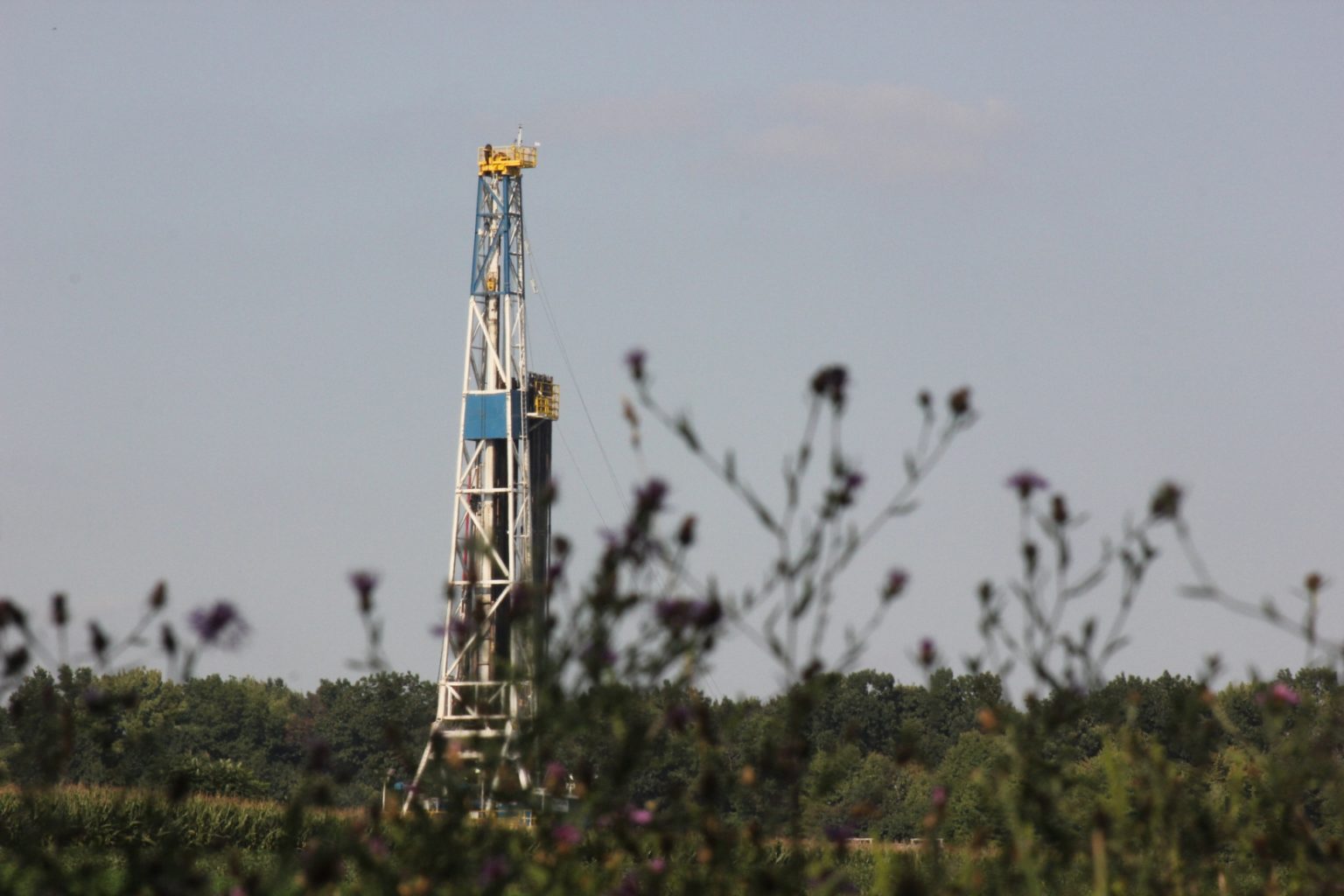Suspicions and frustration are growing as the Department for Energy and Climate Change (DECC) continues to delay the release of any information regarding the Committee on Climate Change’s (CCC) independent report on fracking and climate change.
Responding to a freedom of information request from shadow Labour climate minister Barry Gardiner on 16 June, DECC said they must extend the normal deadline 40 more days before releasing correspondence between DECC and the CCC about the report due to the “complexity and volume of the information requested”.
This follows previous requests by Gardiner last month for details on when the report will be released, to which DECC minister Andrea Leadsom replied on 25 May that the government is “considering the report and will lay it before Parliament with our response in due course.”
Overdue Response
The report entitled Compatibility of Onshore Petroleum with meeting UK carbon budgets was submitted at the end of March by the CCC to DECC Secretary of State Amber Rudd for consideration.
It came as a result of a clause introduced by Labour last year into the Infrastructure Act which states that the Government must seek independent advice from the CCC to assess whether allowing fracking in the UK is compatible with the country’s legally-binding climate targets.
Under the Act, Rudd is legally required to lay the Committee’s report before Parliament alongside DECC’s official response “as soon as is practicable” after 1 April 2016. Originally, the CCC said it expected a response from government in May.
Almost two months later, however, and nothing has been released.
During this time Third Energy has received approval for exploratory fracking in North Yorkshire, making it the first time fracking will be allowed to take place in the UK in five years.
And on 4 July an independent inspector is expected to report to government on whether test drilling should be allowed to take place in Lancashire. This follows the decision last year by Lancashire County Council to reject Cuadrilla’s planning application, and the subsequent appeal by the fracking company thereby prompting a public inquiry.
This is also not the first time that the government has been accused of suppressing a report on fracking. Last year saw the protracted battle for the release of an un-redacted copy of the Shale Gas: Rural Economy Impacts report.
Mounting Pressure
Pressure is therefore quickly mounting for DECC to release the report as ministers are accused of sitting on the long-awaited report in a bid to help the oil industry.
Gardiner said: “The Government have sat on this report on fracking since 30th March. I called for it to be made public because people have a right to know all the facts about fracking before any local decisions are made.
“North Yorkshire have already taken a decision without seeing this evidence, and the minister is about to make a decision on fracking in Lancashire.”
“There are two clear questions the Government has to answer,” he continued. “Why does it not want people to see the Committee on Climate Change’s report on fracking; and why is the correspondence that their officials have had in covering it up so voluminous and so complicated that it takes 40 days to pull it out of the flies?”
In responding to demands for the report to be released, a DECC spokesperson has repeated to both the Guardian and Drill or Drop? that: “The Infrastructure Act clearly requires Government to consider the CCC report properly before responding, and that is what is happening.
“As such, if we had laid the CCC’s report before parliament as soon as we received it we would not have met our legal requirements. We are carefully looking at this report to ensure it is given the proper consideration it is due. It will be published as soon as that process is complete.”
But as Friends of the Earth campaigner Tony Bosworth told the Guardian: “The government is trying to start a whole new fossil fuel industry and is sitting on a report from its official advisers about the impact.”
“It must publish as soon as possible,” he warned, “and certainly before a decision about fracking in Lancashire. If it doesn’t, the suspicions that it is trying to keep the report quiet will continue.”
More than 124,000 people have also now signed a 38 Degrees petition calling for the report to be released which was submitted to DECC last week.
The petition argues that: “Withholding this information makes a mockery of the investigation into whether this dangerous new energy source should be allowed in the UK. Decisions about our energy future should be made with the facts in hand.”
Photo: WCN 24/7 via Flickr
Subscribe to our newsletter
Stay up to date with DeSmog news and alerts







